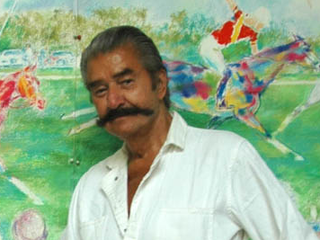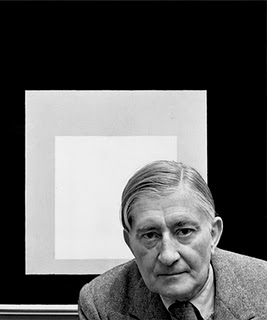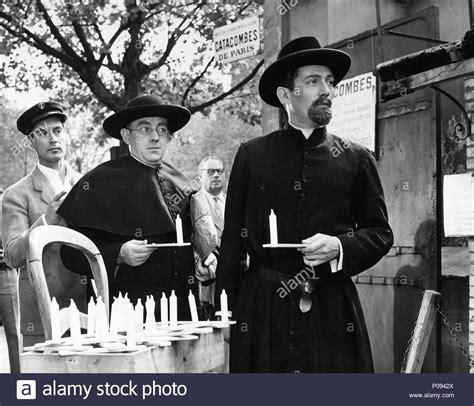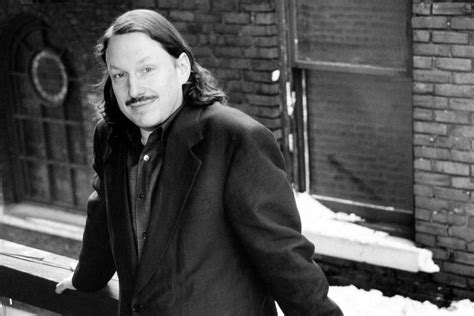A Quote by Oliver Goldsmith
A flattering painter, who made it his care To draw men as they ought to be, not as they are.
Related Quotes
Once in his life, a man ought to concentrate his mind upon the remembered earth, I believe. He ought to give himself up to a particular landscape in his experience, to look at it from as many angles as he can, to wonder about it, to dwell upon it. He ought to imagine that he touches it with his hands at every season and listens to the sounds that are made upon it. He ought to imagine the creatures there and all the faintest motions of the wind. He ought to recollect the glare of noon and all the colors of the dawn and dusk.
I cannot draw a human figure if I don't know the order of his bones, muscles or tendons. Same is that I cannot draw a human face if I don't know what's going on his mind and heart. In order to paint life one must understand not only anatomy, but what people feel and think about the world they live in. The painter who knows his own craft and nothing else will turn out to be a very superficial artist.
Each man's private conscience ought to be a nice little self-registering thermometer: he ought to carry his moral code incorruptibly and explicitly within himself, and not care what the world thinks. The mass of human beings, however, are not made that way; and many people have been saved from crime or sin by the simple dislike of doing things they would not like to confess.
I am biased towards the belief that every painter must be grounded in strong and faultless drawing skills, and until one has not experimented with all styles of painting and has not comprehended their potentialities one's work is not complete. Even an abstract painter must know how to draw as well as a figurative artist. As for me, drawing has never created any problem, since I know how to draw anatomy correctly if I had to, I understand the function of muscle groups and sculpture.
p.61 He [Roark] was usually disliked, from the first sight of his face, anywhere he went. His face was closed like the door of a safety vault; things locked in safety vaults are valuable; men did not care to feel that. He was a cold, disquieting presence in the room; his presence had a strange quality: it made itself felt and yet it made them feel that he was not there; or perhaps that he was and they weren't.
We ought always to conform to the manners of the greater number, and so behave as not to draw attention to ourselves. Excess either way shocks, and every man truly wise ought to attend to this in his dress as well as language, never to be affected in anything and follow without being in too great haste the changes of fashion.






































